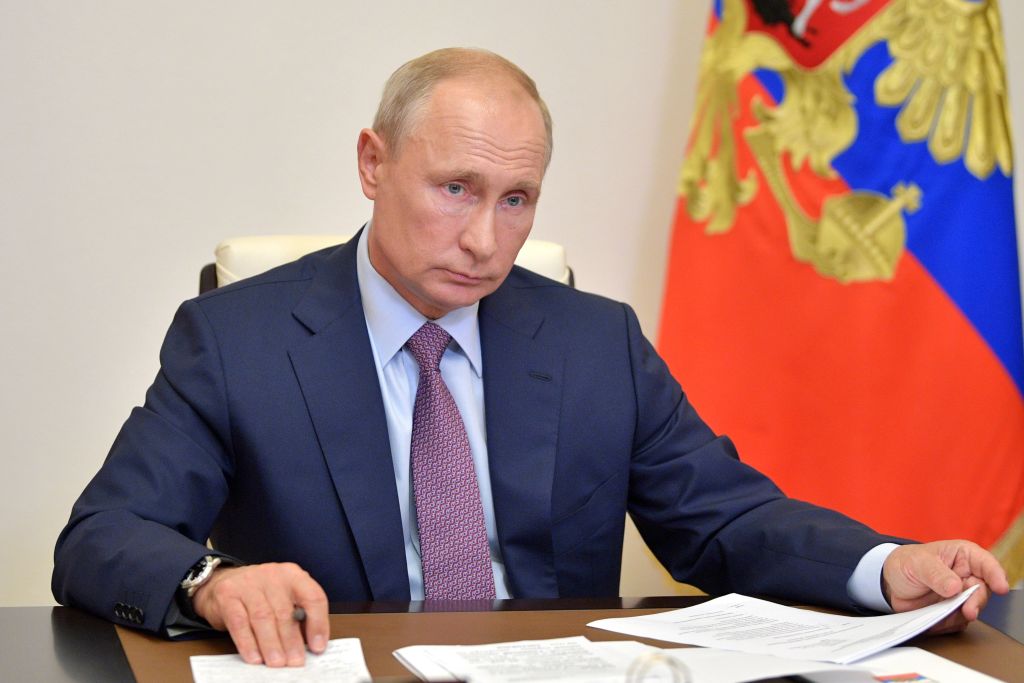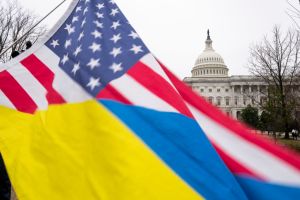It didn’t help that it was unveiled by a swaggering Vladimir Putin. Or that it was called Sputnik V — a hardly subtle reference to the Cold War. Nor that we have grown used to Russian meddling and misinformation. Even so, there is still something a little surprising about the hostility towards the Russian vaccine for COVID-19 going into production this week, and set to be made widely available by October.
Medical opinion seems to be universally hostile, condemning the vaccine as untested and potentially unsafe. The WHO sounds suspicious, and a range of government agencies have started to sound alarmed. A few have even started to make the argument that releasing a vaccine too early may well set back the fight against the virus. It is hard to argue against the medical experts, and certainly on an issue as complex as vaccination. Even so, it is surely interesting that economic opinion is not so sure. For example, Olivier Blanchard, former chief economist at the IMF and now Professor Emeritus at MIT, tweeted. ‘The current policy environment is one of competing risks…between using a vaccine with possible side effects versus having the infection continue at high rates. Is the answer really that obvious?’
Blanchard is making an important point. Medical opinion is that we should always make sure a treatment is completely safe before going ahead with it. And of course, in normal circumstances we would all agree with that. We have set standards and procedures for testing new treatments to make sure that that risks are kept to a minimum, and that all possible side-effects are assessed properly before making a drug or vaccine widely available. Here’s the problem, however. These are not normal circumstances.
[special_offer]
Right now, we are suffering catastrophic economic damage from the virus, and may soon suffer long term political and social damage as well. The UK has just reported the worst slump in economic output since records began, and lockdown is taking a huge toll everywhere. Everything we know from history tells us that deep depressions create political turmoil and social and economic damage that endures for a generation or more. Tolerating all that while we wait for vaccines to be completely tested is a risk as well. Which one is greater? As Blanchard argues, it is not easy to say. It certainly isn’t obvious.
There is surely an argument that it is better to cut a few corners with a vaccine than tolerate indefinite, repeated lockdowns, mass unemployment, widespread bankruptcies, and crippling levels of debt. Indeed, maybe we should already make the Oxford or Moderna vaccines available to anyone who wants to take them? We are already testing them on 30,000 people, so they are hardly deadly. If individuals want to take their chances, then that is up to them.
The Russians have decided to rip up the rule book and press ahead with the vaccine anyway. Just because we don’t like Putin’s corrupt, authoritarian, nationalistic administration doesn’t mean that he has possibly got this one right. After all, as far as we know, no one will be forced to take the vaccine. If it works, the whole world will benefit. If it adds to Russia’s prestige, well, so what? Maybe the Russians have made the right call, and perhaps a few more countries should follow its lead. At the very least, we should stop condemning the decision.
This article was originally published onThe Spectator’s UK website.


















